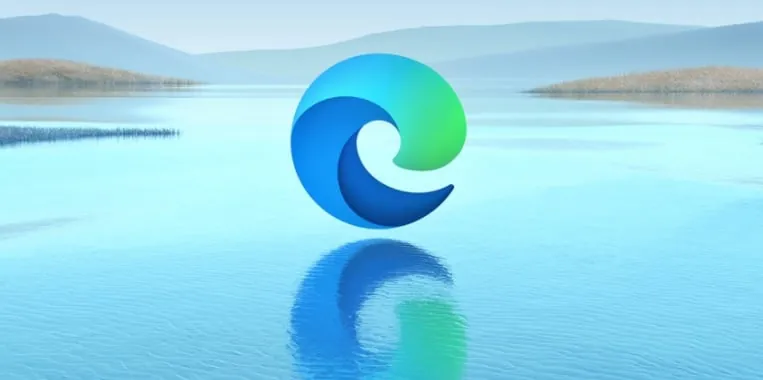
Microsoft Edge Celebrates Milestones, But Struggles to Make a Mark in the Browser Market
2024-12-24
Author: Siti
Introduction
In a recent year-in-review report, Microsoft showcased impressive statistics for its Edge browser, highlighting the impact of AI-powered features like its Copilot chat function. However, despite the glittering numbers, the reality of Edge's market share tells another story—one of stagnation and missed opportunities.
AI-Powered Achievements
Microsoft boasted about surpassing 10 billion AI-driven chats with Copilot integrated directly into the Edge browser. Additionally, a staggering 38 trillion characters were auto-translated, and a whopping seven trillion megabytes of PC memory were saved thanks to the innovative 'sleeping tabs' feature. These achievements reflect Microsoft’s commitment to enhancing user experience through technology.
Market Share Stagnation
Nevertheless, in a curious omission, Microsoft did not disclose actual user numbers or growth in market share, focusing instead on eye-catching statistics. A glance at Statcounter reveals that Edge only climbed from 11.9% to 12.87% market share between December 2023 and November 2024—a meager increase of less than 1%. In stark contrast, the leading browser, Google Chrome, observed a modest rise from 65.23% to 66.33% in the same timeframe.
User Sentiment and Loyalty
The story of browser growth is often tied to user sentiment and the evolution of technology. Chrome's ascent was largely fueled by widespread frustration with Microsoft's previous Internet Explorer (IE), which was known for its sluggishness and compatibility issues. In the current market landscape, however, the battle for browser loyalty is becoming increasingly complex. For many, Edge still serves as a mere platform to download Chrome, a perspective reinforced by its stagnant market share.
Microsoft's Revitalization Efforts
Microsoft’s attempts to revitalize Edge have not gone unnoticed, with some rivals criticizing the company's aggressive tactics to steer users toward its browser. Recent initiatives include the introduction of Copilot Vision, which aims to enhance user browsing experiences with AI tools. Still, the challenge remains: users need compelling reasons to switch from their established browsers.
Potential Market Changes
As lawmakers contemplate the regulation of tech giants and the potential divestment of Chrome from Google, the market dynamics may shift. Yet, with most browsers operating on the same Chromium engine, differentiation among browsers is increasingly challenging. Microsoft's focus on metrics like the protection of 7.3 billion passwords each month and the delivery of over 800 million articles through MSN showcases its dedication to security and content delivery, but these factors alone may not drive significant adoption.
Conclusion
As we look forward to 2025, it becomes clear that enhancing market presence isn't a simple task. While AI-powered features may give Edge an edge in capabilities, the true test lies in capturing users' hearts and minds. For Microsoft, it's time to innovate in ways that extend beyond software capabilities—creating a compelling narrative that convinces users to stray from their familiar choices. The road ahead is tough, but the potential for growth and change is still very much alive.

 Brasil (PT)
Brasil (PT)
 Canada (EN)
Canada (EN)
 Chile (ES)
Chile (ES)
 Česko (CS)
Česko (CS)
 대한민국 (KO)
대한민국 (KO)
 España (ES)
España (ES)
 France (FR)
France (FR)
 Hong Kong (EN)
Hong Kong (EN)
 Italia (IT)
Italia (IT)
 日本 (JA)
日本 (JA)
 Magyarország (HU)
Magyarország (HU)
 Norge (NO)
Norge (NO)
 Polska (PL)
Polska (PL)
 Schweiz (DE)
Schweiz (DE)
 Singapore (EN)
Singapore (EN)
 Sverige (SV)
Sverige (SV)
 Suomi (FI)
Suomi (FI)
 Türkiye (TR)
Türkiye (TR)
 الإمارات العربية المتحدة (AR)
الإمارات العربية المتحدة (AR)